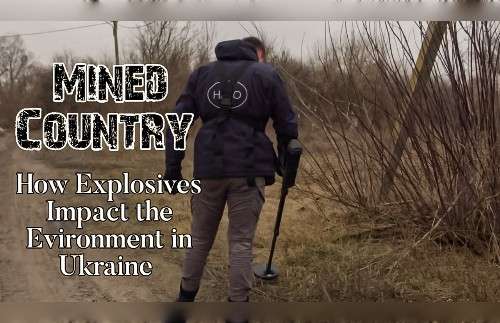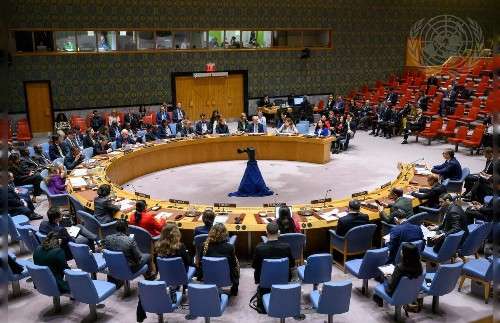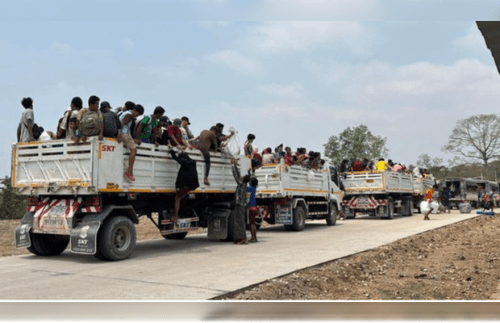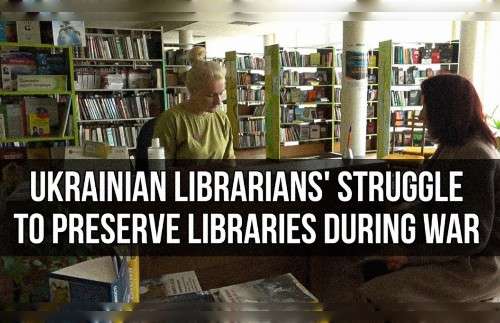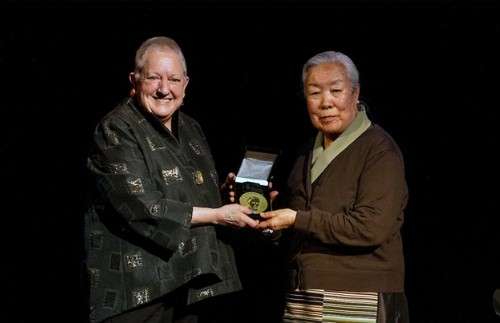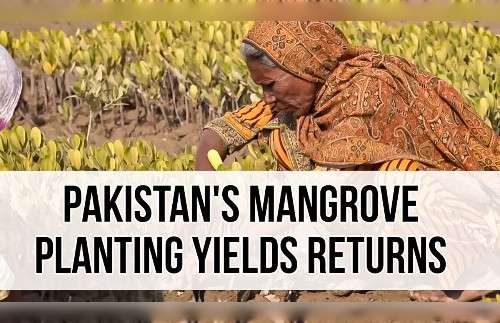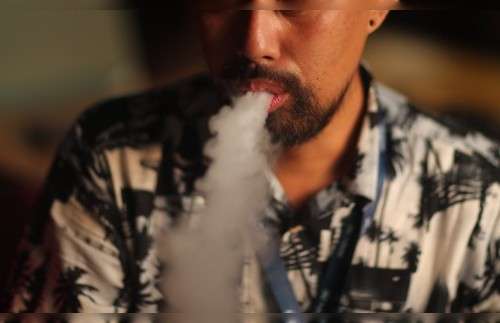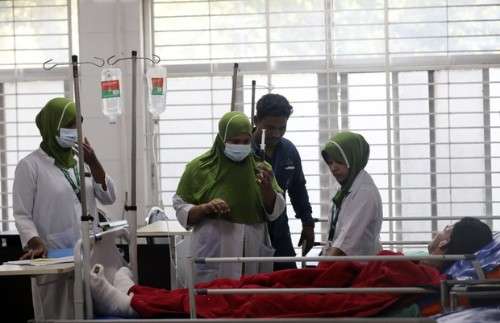
- Older refugees are both the most at risk from the pandemic and the least included in the humanitarian response
- Dangerous lack of access to even basic information
- Mistakes made during general humanitarian response efforts for Rohingya refugees are being repeated
Older Rohingya refugees in overcrowded camps in Bangladesh are being left behind in the humanitarian response to COVID-19, which could have devastating consequences given the high risks older people everywhere face from this deadly pandemic, Amnesty International said today.
Bangladesh, together with the UN and other humanitarian partners, has made efforts to reduce the risk of COVID-19 spreading to the camps outside Cox’s Bazar, including a decision, as of 23 March, to increase COVID-19-specific assistance, stop large gatherings, and order preventative measures. But basic, accurate information about the illness and measures to prevent its spread is failing to reach many people in the camps, and especially older people, as the humanitarian response pays insufficient attention to their specific needs.
“At the best of times, humanitarian organizations struggle or fail to meet the specific needs of older people in refugee and displacement camps. Repeating this same mistake amid the COVID-19 pandemic puts older Rohingya women and men in imminent danger – with some of them not even receiving the most basic information about what is happening and how they can best stay safe,” said Matt Wells, Crisis Response Deputy Director – Thematic Issues at Amnesty International.
“Donor countries and humanitarian organizations should urgently work together to remedy this lack of accessible information and implement a plan to ensure that older refugees are not left behind yet again in this time of elevated global risk.”
In the last week of March, Amnesty International interviewed 15 older Rohingya women and men living in seven of the 34 refugee camps near Cox’s Bazar, in south-eastern Bangladesh. The UN Refugee Agency (UNHCR) indicates there are more than 31,500 refugees age 60 or older in the camps, among the almost 860,000 Rohingya forced to flee Myanmar, most of them since late 2017 as a result of crimes the UN has said likely amount to genocide.
Mistakes being repeated
In June 2019, Amnesty International released a report on the impact of conflict and displacement on older people in Myanmar. It examined how, in the Bangladesh refugee camps, the humanitarian response has failed to respect older people’s rights to health, food, water, and sanitation. Many problems stem from not including older people’s views and inputs and from not considering their needs and risks when designing assistance.
These same mistakes are being repeated with the COVID-19 response, despite all medical evidence demonstrating that older people are one of the most at-risk populations.
Most older people interviewed by Amnesty International had received little specific information about COVID-19. Before large gatherings were barred and preventative measures like social distancing ordered, there were some informational meetings in the camps, but many older people were not informed. Those who knew about them were unable to attend because of physical disabilities that made it difficult, if not impossible, to navigate the camps’ hilly terrain.
Fear is rampant
Only one of the 15 older people interviewed by Amnesty International had anyone come to their shelter to provide information about COVID-19. A few others received news through family members about the disease and preventative measures like frequent hand-washing. Most had heard primarily from religious leaders and neighbours, with little detail other than the virus was very dangerous and they needed to “live clean”. As a result, fear is rampant.
“I’m very afraid, because if the virus arrives to the camp, no one will be alive, as here many people are living in very small place,” said Hotiza, a woman around 85 years old.
Poor access to information about COVID-19
Access to information for all residents has been restricted in the camps generally since the Bangladesh authorities cut off access to telecommunications and the internet in September 2019. Amnesty International, the UN, and many other organizations have called for such restrictions to be lifted immediately.
However, even if telecommunications are restored, efforts specifically targeted at older refugees will remain vital, as many do not have access to smartphones. Amnesty International’s report on older people showed how the humanitarian response is too often rooted in an assumption that information and assistance will filter to older people through their families, which fails to respect older people’s rights and causes harm.
To their credit, the Bangladesh authorities and humanitarian organizations have designed creative ways to disseminate information, including through attaching megaphones to tuktuks and blasting messages in the camps in the Rohingya language about COVID-19 and preventative sanitary measures. But while most older people interviewed knew such messaging was happening, they often were not able to hear the messages in detail or at all.
Sayeda, in her 80s, said: “I don’t know anything about that virus, just people are saying something about a virus on the megaphone, but I don’t hear well, that’s why I don’t know anything… I’m always thinking, what are they saying on the microphone.
Some older people had not even received the most basic of information.
“I didn’t hear any new things, just people are saying, ‘A disease is coming, pray,’” said Abdu Salaam, 70, who said he had a physical disability that left him unable to walk well. He also lacked access to adequate care for pain and other significant health problems.
In the absence of sound medical advice, the family of at least one older person interviewed had resorted to buying an unproven medicine to “save” them from the virus.
Improving the COVID-19 response
The humanitarian response needs to tap into networks of Rohingya volunteers who can go shelter-to-shelter to bring older people information and to hear from older people about how to best prepare a response that meets their needs. This should focus particularly on groups most at risk of not getting timely and accurate information through other means, especially older people living alone, older women, and older people who are primary caregivers for young children. Volunteers should be carefully trained to ensure they do not expose older people to infection, including by maintaining as much distance as possible during shelter visits.
Critical information that should be prioritized includes a clear understanding of COVID-19 symptoms and preventative measures. Most older people interviewed by Amnesty International knew, for example, that sanitation was important, but associated it primarily with washing hands after using the toilet and before eating; and not allowing children to play in dirty areas. While these are important measures in general, they are woefully insufficient for and unspecific to COVID-19.
Donors, the UN, and humanitarian organizations must further act urgently to ensure older people can put preventative measures into practice, including by ensuring older people have access to sufficient water and sanitation infrastructure – addressing the specific challenges faced by older people living alone and older people with limited mobility, among others.
Older people are also particularly at risk of being harmed by well-meaning restrictive measures, including in their access to food and health care. As documented in Amnesty International’s 2019 report, older women and men often have difficulty accessing camp clinics and, even when they can, find many clinics lack essential medications for non-communicable diseases like high blood pressure. As a result, older people rely disproportionately on purchasing life-saving medications at market stalls.
As of 31 March, pharmacy stalls remained open in the camps, even as many other shops have been closed to reduce risks associated with crowds. Any decision to close pharmacy stalls must include measures that ensure older people still have access to essential medications.
The current challenges in the camps near Cox’s Bazar during the COVID-19 pandemic show how the UN and donors appear to be replicating the same failure to prioritize older people as they have long done in wider humanitarian efforts. The UN Global Humanitarian Response Plan to COVID-19 did not include older people as a separate “most affected and at-risk population group”, unlike children, and women and girls. Rather, “old age” was included at the end of a list of “conditions” framed as “people suffering from…”. The result both undervalued the risks of COVID-19 to older people, by not including them as a specific group; and propagated a discriminatory idea that older age is something one “suffers from”.
“Older displaced people face a devastating combination: they are the group most at-risk of COVID-19, and they are also the group least included in humanitarian response. Their invisibility must end now. Governments, donors, and humanitarian organizations must put older people at the centre of their planning and response, to minimize the deadly consequences of this global pandemic,” said Matt Wells.
Copyright © 2020 AMNESTY INTERNATIONAL
Mined Country:How Explosives Impact the Evironment in Ukraine
UN Security Council Hears Report on UN Interim Administration Mission in Kosovo
Injured Sent to Thai Border Hospital following Myanmar Clash
An Icon of New York City
Ukrainian Librarians’ Struggle to Preserve Libraries During War
Dalai Lama’s Sister Receives Award for Educating Tibetans in Exile
Pakistan’s Mangrove Planting Yields Returns
Vapes Hide Dangers Through Sweet Flavors to Lure Children, Thai Govt Says
Subscribe Our You Tube Channel
Fighting Fake News
Fighting Lies





